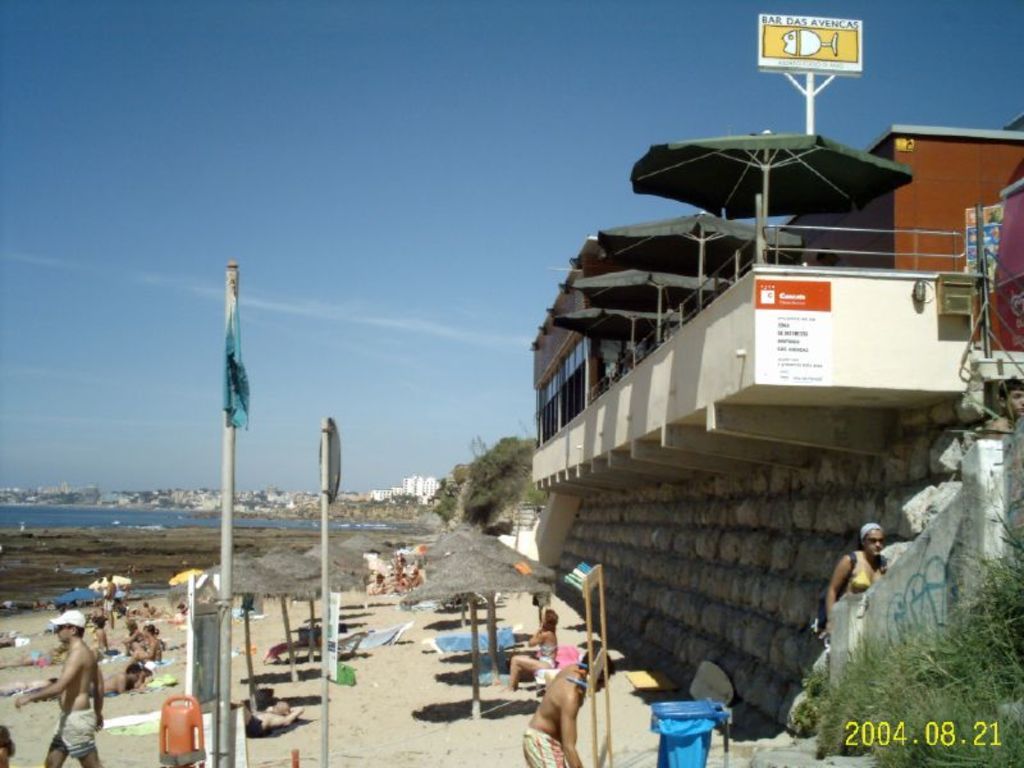"Sounding the Alarm" - Salzgitter AG Battles US Tariffs Impact on Germany's Steel Industry
US tariffs under scrutiny with concerns over rising steel cooker costs
Going toe-to-toe with Trump's trade war, the steel powerhouse Salzgitter AG slammed the increased US import tariffs and urged the EU Commission to raise the stakes. Despite the insignificant US business of Salzgitter in the steel sector, CEO Gunnar Groebler asserted that the unpredictable US trade policy is creating havoc in Europe, particularly in Germany.
Steel Sector Caught in Trump's Crosshairs - More Trouble BrewingThe steel conglomerate, based in Lower Saxony, faces multiple obstacles due to direct tariffs on exports to the US, increased import pressure on the EU market due to diversions, and indirect effects from losses in steel-intensive customer sectors. The EU Commission needs to expedite its countermeasures to the rising tide.
Elevating the stakes further, Trump declared plans to double the steel import tariff to 50 percent. Groebler emphasized that Europe should not sit idly by against the mounting pressure, and the heavy industry demands improved business conditions. For instance, internationally competitive energy costs are essential in Germany, especially in the current climate.
Trump's decision to double steel and aluminum tariffs plunged stock markets in Asia into turmoil, particularly impacting South Korean and Vietnamese steel producers exporting to the US. Sensing the impending danger, South Korea's Ministry of Industry and Trade has convened a crisis meeting with representatives from major steel producers like Posco and Hyundai Steel to react to the announced tariff hikes.
- Salzgitter AG
- Steel Industry
- Tariffs
- Stock Prices
In depth: The harsh reality for Salzgitter AG and Germany's steel sector
The proposed US tariff increase has caused Salzgitter's share price to dip 0.4% on the Frankfurt Stock Exchange[1]. The decreasing investor confidence reflects concerns over the tariffs' potential effects on European steel exports to the US. These tariffs could significantly reduce the competitiveness of European steel in the US market, leading to decreased exports and potentially affecting the company's revenue and profitability.
In addition to Salzgitter, the increased US tariffs pose enormous challenges to the European steel industry[3]. This protectionism escalation may lead to increased costs for European steel producers as a result of decreased export opportunities. Moreover, the tariffs may cause shifts in the global steel trade flows, compelling European companies to search for alternative markets or scale back production.
In response to the US tariffs, the EU Commission is likely to counter with protective measures to shield its industries[2]. Historically, the EU has opposed US trade policies perceived as protectionist, retaliating with tariffs on US goods when necessary. As of now, no specific EU Commission measures have been detailed in the search results. Generally, the EU would advocate for freer trade and assess retaliatory measures if it sees the tariffs hurting European industries disproportionately.
- Salzgitter AG's share price on the Frankfurt Stock Exchange has dipped 0.4% due to the proposed increase in US tariffs, reflecting concerns about the potential impact of these tariffs on the competitiveness of European steel in the US market.
- With the escalation of protectionism in the US tariffs, the European steel industry faces enormous challenges, including increased costs as a result of decreased export opportunities and possible shifts in global steel trade flows, potentially leading European companies to seek alternative markets or scale back production.







